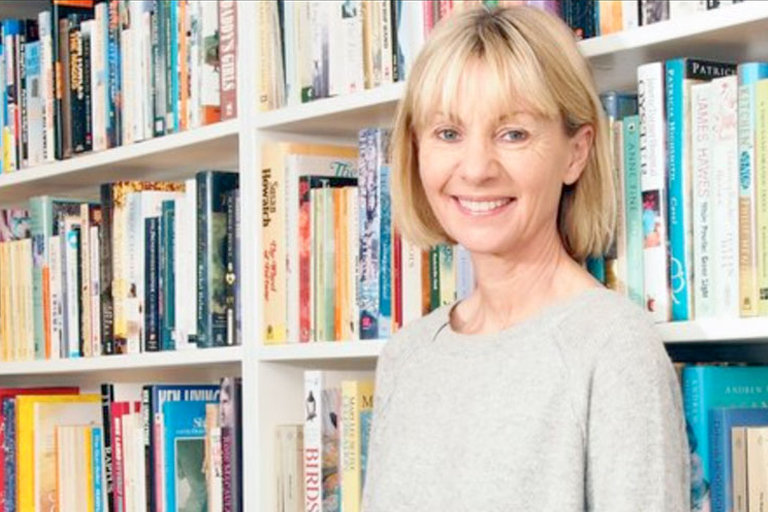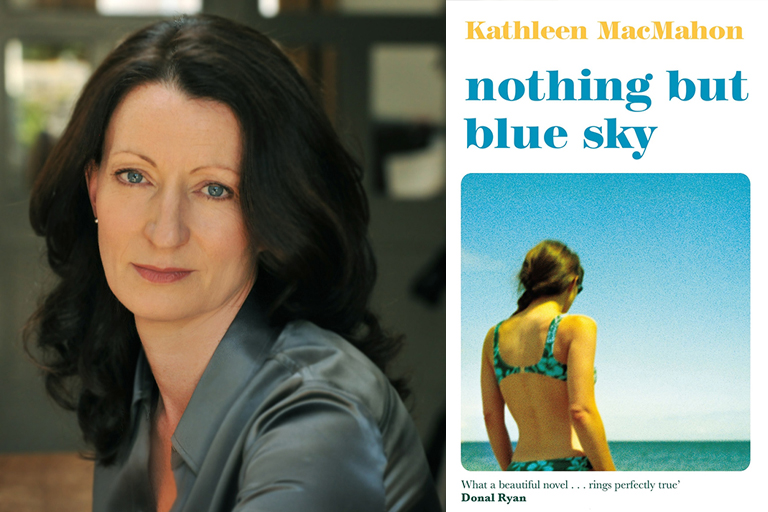Women’s Prize for Fiction founder Kate Mosse has been standing up for women writers for over 20 years. As she starts the hunt for a new sponsor, she explains why it matters more than ever.
On a cold January night, almost 25 years ago to the day, a group of women and men gathered in a flat in London to discuss why women’s writing didn’t receive the attention it deserved.
The trigger was the Booker shortlist of 1991, where there hadn’t been a single woman on the list. This, despite the fact that almost 60 per cent of novels published in the UK that year were written by women and that women bought some 70% of all books. It will probably come as no surprise that, at that time, less than 9% of novels shortlisted for major literary prizes were by women.
We wanted to know why. But more than that we wanted to do something about it.The WPF was born.The Women’s Prize is now 22 years old and about to enter a new chapter, but our aim remains the same: to celebrate the very best writing by women in English from all over the world and to champion diverse voices – in every genre, of any nationality, race, age, country of origin or birth, from any storytelling tradition.We want to honour excellence and put exceptional, entertaining, heart-breaking, life changing, brilliant novels by women into the hands of readers, male and female, who’d appreciate them.Armed with a £30,000 Prize fund, from an anonymous donor, our first sponsor was Orange, followed four years ago by Baileys. WPF winners include Chimamanda Ngozi Adichie, Zadie Smith, Ali Smith, Andrea Levy, Marilynne Robinson, one of Barack Obama’s most cherished authors. WPF supporters and judges, past and present, come from the worlds of retail and business, film, theatre and music, academia and politics, media and digital entrepreneurs: from classicist Mary Beard, columnist Caitlin Moran, novelists Joanna Trollope and Elif Shafak, Jojo Moyes and Marian Keyes, performers Tracey Thorn and Miranda Richardson, Baronesses Helena Kennedy and Shami Chakrabati, media commentators Martha Kearney and Susanna Reid and, this year, The Pool’s co-founder, Sam Baker.Now considered one of the most influential and respected literary awards, we also put our money where our mouth is, funding research, literary and community projects.
We want to honour excellence and put exceptional, entertaining, heart-breaking, life changing, brilliant novels by women into the hands of readers who’d appreciate them.
Today, we start our search for the next sponsor of the WPF, a partner who from next year will help us turn the prize into a year-round global platform for women’s voices: Celebrating them. Championing them. Amplifying them.
On 21st January, some five million people (mainly, but not exclusively, women) marched in cities all over the world. Marching in a spirit of resistance, to protest against finding ourselves – suddenly, unexpectedly, horrifyingly – in a new era of attack upon women’s equality of rights, on women’s voices, on diversity of race, gender and sexuality.
Among too many examples: surrounded by a cabal of men, Donald Trump began his first week in office with an assault on women’s global reproductive rights; women protesting in Poland, in Ireland, in El Salvador, in Turkey at attacks on their civil liberties; Russian representatives voting through a bill to reduce penalties for domestic violence in order to protect what they saw as “family values”; in the UK, a Fawcett Society Report detailing – some seven months after the murder of Jo Cox – how nine out of ten female MPs have been the victims of verbal abuse, rape threats and death threats and one in six regretting ever standing for Parliament. I could go on.
How quickly the clock can be turned back. How easily history is turned.
In such times, we need stories more than ever. Novels can reflect our lives, yes, but also help us to stand in another person’s shoes. Show us another way to see the world. They are about empathy, about imagining, about the courage to speak out. Novels slip between the gaps in understanding and help us to listen to voices other than our own.
Don’t get me wrong, the Women’s Prize for Fiction is a literary award, not a political campaign; its purpose is to celebrate excellence, to promote voices, to connect writers with readers worldwide. But it is part of a shared commitment to keep women’s voices valued and heard, to keep them in the public arena. To stand against, as Adrienne Rich put it ‘ the book of myths in which our names do not appear.’
A new sponsor for the WPF will help us take the Prize into a new era. Will help champion women’s stories in the days, weeks and years ahead when, frankly, who knows what might happen. Writing matters. Women’s voices matters. Celebrating them matters more than ever. And that’s why this is a great opportunity for all of us.








